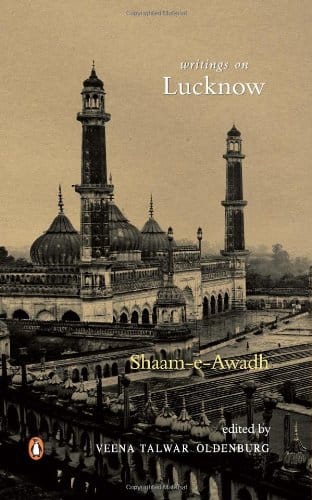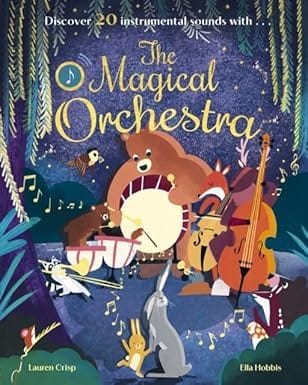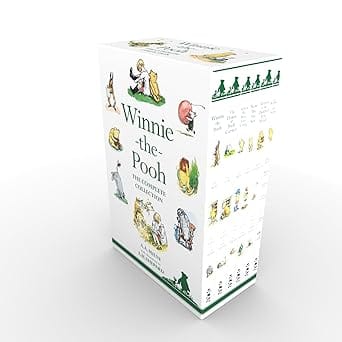WELCOME TO MIDLAND BOOK SHOP!
SHOP FOR
- Non-ficton
- Non-ficton
- Contemporary Fiction
- Contemporary Fiction
- Children
- Children
- Comics & Graphic Novels
- Comics & Graphic Novels
- Non-Fiction
- Non-Fiction
- Fiction
- Fiction
Shop No.20, Aurobindo Palace Market, Hauz Khas, Near Church +91 9818282497 | 011 26867121 110016 New Delhi IN
Midland The Book Shop ™
Shop No.20, Aurobindo Palace Market, Hauz Khas, Near Church +91 9818282497 | 011 26867121 New Delhi, IN
+919871604786 https://www.midlandbookshop.com/s/607fe93d7eafcac1f2c73ea4/677cda367903fd013d69b606/without-tag-line-480x480.png" [email protected]9780143102458 60ad06eee7859911ed6c51da Shaam-e-Awadh: Writings on Lucknow https://www.midlandbookshop.com/s/607fe93d7eafcac1f2c73ea4/60ad06efe7859911ed6c527b/9780143102458-us.jpg In 1528 the Mughal Sultanate conquered and formally incorporated Awadh as one of its constituent provinces. With the decline of Mughal power the nawab-vazirs of Awadh began to assert their independence. After the East India Company appropriated half of Awadh as 'indenmity', the then nawab, Asaf'ud Daulah, moved his capital to Lucknow in 1775. A move that resulted in the growth of the city and its distinctive culture known as'Lakhnavi tehzeeb'. Since then, nawabi Lucknow has undergone enormous changes. The refinement of 'pehle aap' has all but disappeared. Originally built to support a hundred thousand people, amid palaces, gardens and orchards, the city now staggers under the burden of fifty times that number. Its unchecked growth and collapsed civic amenities are slowly draining the life and beauty of this once vibrant city. The rich and flamboyant culture has faded amidst the decay that has eaten into the fabric of the city and the corruption and treachery that permeate the government. In separate pieces William Dalrymple and Barry Bearak trace the decline of Lucknow---the city, its architecture, people, politics, governance---and the sad end of the havelis and their once grandiose occupants. The elegiac Marsia tradition of the Shias strives to be heard over angry chants of 'Hulla Bol' of political rallies in Mrinal Pande's account of her visit to the city. And, in his hyperbolic saga of seven generations of the fictional Anglo-Indian Trotter family, I. Allan Sealy meanders through two hundred years of Lucknow's chequered history. However, despite the apparent disintegration, Lucknow's ineffable spirit can still be found---in the tantalizing flavours of Lakhnavi cuisine; the delicate artistry of chikankari; the legendary courtesans and the defiant voice of the rekhti; the melodious notes of the ghazaI and the thumri ... Engaging and thoughtful, Shaam-e-Awadh: Writings on Lucknow celebrates the unique character of this city of carnivals and calamities. 9780143102458
out of stock INR 319
1 1
Email ID already exists!
Your Current password is incorrect
Password Updated Successfully
Thanks for your Feedback
Shaam-e-Awadh: Writings on Lucknow
ISBN: 9780143102458
₹319
₹399 (20% OFF)SIZE GUIDE
Back In Stock Shortly - Fill The Book Request Form
Sold By: Hauz Khas - Aurobindo Market
Details
- ISBN: 9780143102458
- Author: Veena Talwar Oldenburg
- Publisher: Penguin
- Pages: 304
- Format: Paperback
Book Description
In 1528 the Mughal Sultanate conquered and formally incorporated Awadh as one of its constituent provinces. With the decline of Mughal power the nawab-vazirs of Awadh began to assert their independence. After the East India Company appropriated half of Awadh as 'indenmity', the then nawab, Asaf'ud Daulah, moved his capital to Lucknow in 1775. A move that resulted in the growth of the city and its distinctive culture known as'Lakhnavi tehzeeb'. Since then, nawabi Lucknow has undergone enormous changes. The refinement of 'pehle aap' has all but disappeared. Originally built to support a hundred thousand people, amid palaces, gardens and orchards, the city now staggers under the burden of fifty times that number. Its unchecked growth and collapsed civic amenities are slowly draining the life and beauty of this once vibrant city. The rich and flamboyant culture has faded amidst the decay that has eaten into the fabric of the city and the corruption and treachery that permeate the government. In separate pieces William Dalrymple and Barry Bearak trace the decline of Lucknow---the city, its architecture, people, politics, governance---and the sad end of the havelis and their once grandiose occupants. The elegiac Marsia tradition of the Shias strives to be heard over angry chants of 'Hulla Bol' of political rallies in Mrinal Pande's account of her visit to the city. And, in his hyperbolic saga of seven generations of the fictional Anglo-Indian Trotter family, I. Allan Sealy meanders through two hundred years of Lucknow's chequered history. However, despite the apparent disintegration, Lucknow's ineffable spirit can still be found---in the tantalizing flavours of Lakhnavi cuisine; the delicate artistry of chikankari; the legendary courtesans and the defiant voice of the rekhti; the melodious notes of the ghazaI and the thumri ... Engaging and thoughtful, Shaam-e-Awadh: Writings on Lucknow celebrates the unique character of this city of carnivals and calamities.
User reviews
NEWSLETTER
Subscribe to get Email Updates!
Thanks for subscribing.
Your response has been recorded.

India's Iconic & Independent Book Store offering a vast selection of books across a variety of genres Since 1978.
"We Believe In The Power of Books" Our mission is to make books accessible to everyone, and to cultivate a culture of reading and learning. We strive to provide a wide range of books, from classic literature, sci-fi and fantasy, to graphic novels, biographies and self-help books, so that everyone can find something to read.
Whether you’re looking for your next great read, a gift for someone special, or just browsing, Midland is here to make your book-buying experience easy and enjoyable.
We are shipping pan India and across the world.
For Bulk Order / Corporate Gifting
 +91 9818282497 |
+91 9818282497 |  [email protected]
[email protected]
Click To Know More
INFORMATION
QUICK LINKS
ADDRESS
Midland Book Shop - Hauz Khas
Shop No.20, Aurobindo Palace Market, Near Church, New Delhi
Shop No.20, Aurobindo Palace Market, Near Church, New Delhi














